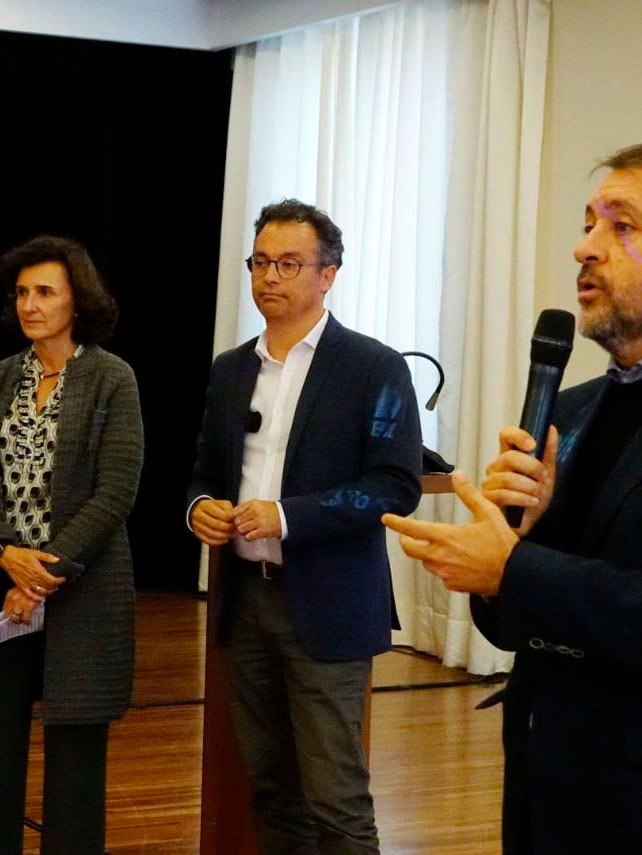- The first-ever City Forum, driven by Fundación Metrópoli and Fundación Moeve, served as an open platform for collective reflection—an opportunity to identify, share and validate the key challenges and priorities in defining the city's future
This event, organized through the collaboration of Fundación Metrópoli and Fundación Moeve, brought together more than 80 key figures from the public and private sectors, along with members of civil society. It served as a participatory space to help shape a shared vision for the future of Tenerife’s capital.
The forum brought together a diverse group of participants, including representatives from the Island Council, political parties, trade unions, neighborhood associations, social organizations and professionals from key sectors like tourism, technology, renewable energy and academia.
This first City Forum created an open and collaborative space for collective reflection, allowing participants to identify, discuss, and validate the major challenges and opportunities involved in shaping the city's future. The Santa Cruz de Tenerife City Project is designed to foster the dynamic exchange of knowledge, experiences and innovative ideas among the key players shaping the city’s future.
In his speech, the mayor of Santa Cruz de Tenerife, José Manuel Bermúdez, talked about the significance of the event as a meaningful step toward building a more vibrant, sustainable city. "This forum is an opportunity to reflect on and design a city model that is aligned with the new times. We want all sectors of Santa Cruz, both public and private, to actively take part in the construction of a more resilient and competitive future for our city," the mayor stated.

